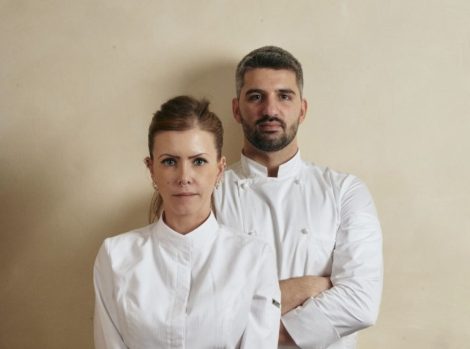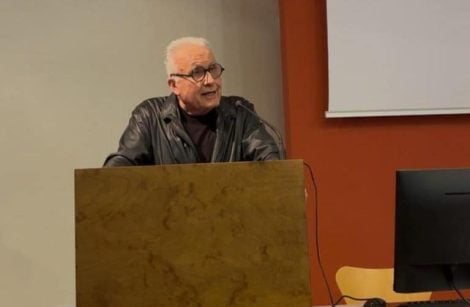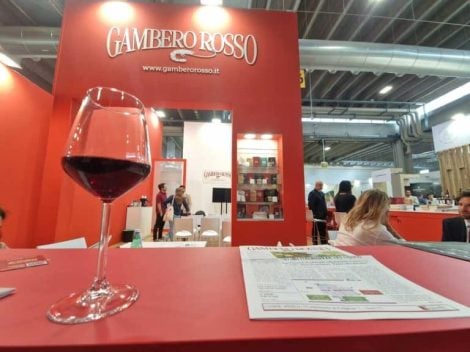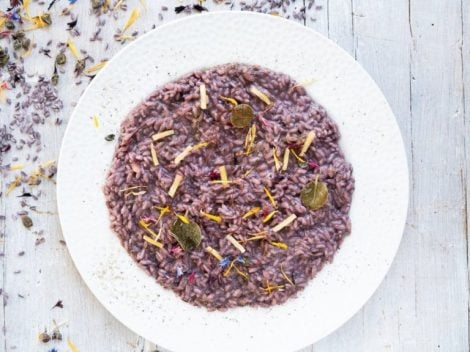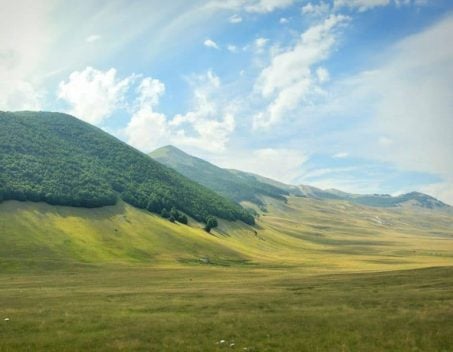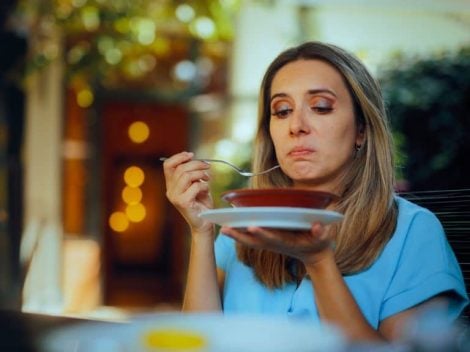What is halal food and how did it develop in Italy
Let's imagine waves of tourists arriving in Italy and having to settle for a plate of pasta and a few other products. Good quality, but certainly not enough to show the beauty and strength of Made in Italy cuisine. This is what happens to Muslims every day, despite the fact that the international halal market has been valued at 2 billion dollars and Muslims in the world – as reported by Pew Research – represent 23% of the population of the entire planet. A word mostly known for food, halal – which literally means, allowed – but which also applies to behaviours and interactions between people within a community. The opposite of haram, i.e. forbidden, like alcohol or pork. There isn't a real list of foods recommended by the Koran, rather a series of norms to regulate the production of meat that consider the well-being of the animal, which must guarantee a healthy life up to the moment of slaughter, and which foresee total bleeding out before retail. A diet that is not that restrictive, but which is still struggling to take root in Italy. Thus not catering to the ever-expanding millions-worth tourism.
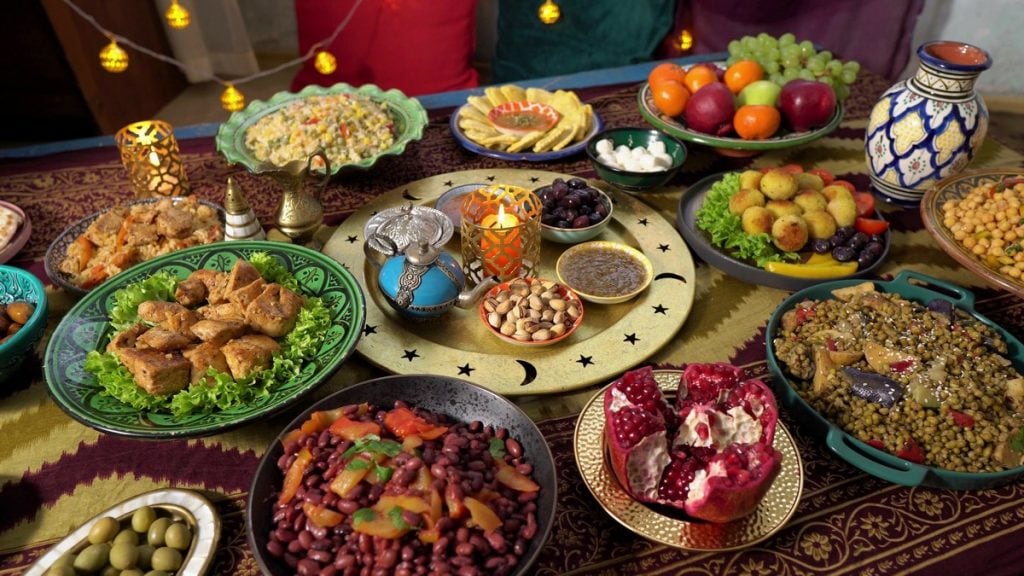
Halal certifications in Italy
We talked about it with Wiaam Ahmad of the World Halal Authority, the international certification and halal training body. A reality born "to respond to the needs of Italian and European companies, and especially consumers," for some time now one of the most accredited bodies at an international level and the only one recognised in Italy for a wide range of product categories. But how exactly do certifications work? "We provide a reference standard technical specification, with a series of requirements which, once satisfied, guarantee companies the halal certificate." Gastronomy companies, catering services, restaurants, hotels and accommodation facilities, points of sale, "and more generally the entire tourism sector:" it's not just the ingredients and techniques that are examined, but the entire logistics part, "from the warehouse to the machinery employed," an examination that involves each stage of production through laboratory analyses and documents, "to which we request to have access in order to check all the raw materials used." What happens after this? "There is an actual auditing process at the companies' production sites, to ensure that internal procedures are up to standard." That they are traceable, safe, "for human and animal health," that they are ethical "from every point of view, the welfare of the operators first of all."
The halal market in Italy, between restaurants and school canteens
In short, a meticulous process that brings with it a series of complex words. Ethics, morals… but what do we mean, precisely? "A halal food is above all an admitted, sober, healthy food." Safe food? "Exactly. Free of harmful or potentially harmful substances, produced through traced processes, developed in such a way as to take into consideration the well-being of all." A food that embodies "a great ethical value," preserving health, "among the best-known requisites, for example, is the absence of pork derivatives, especially blood, precisely because it is considered a vehicle for infections." A decent, adequate food… and in great demand. "Unfortunately, there is no answer to this question. The offer in Italy is modest, the few realities that have entered the halal market are international cuisine restaurants that perhaps also offer Moroccan or Turkish dishes, but it is not a sufficient number to satisfy the current market demand." And not just for adults: the little ones are often the first to pay the consequences of this lack of development, since the concept of halal food is still not widespread in school canteens, "many parents are eventually forced to ask for vegetarian menus or in any case completely devoid of meat to make up for the lack of suitable options."
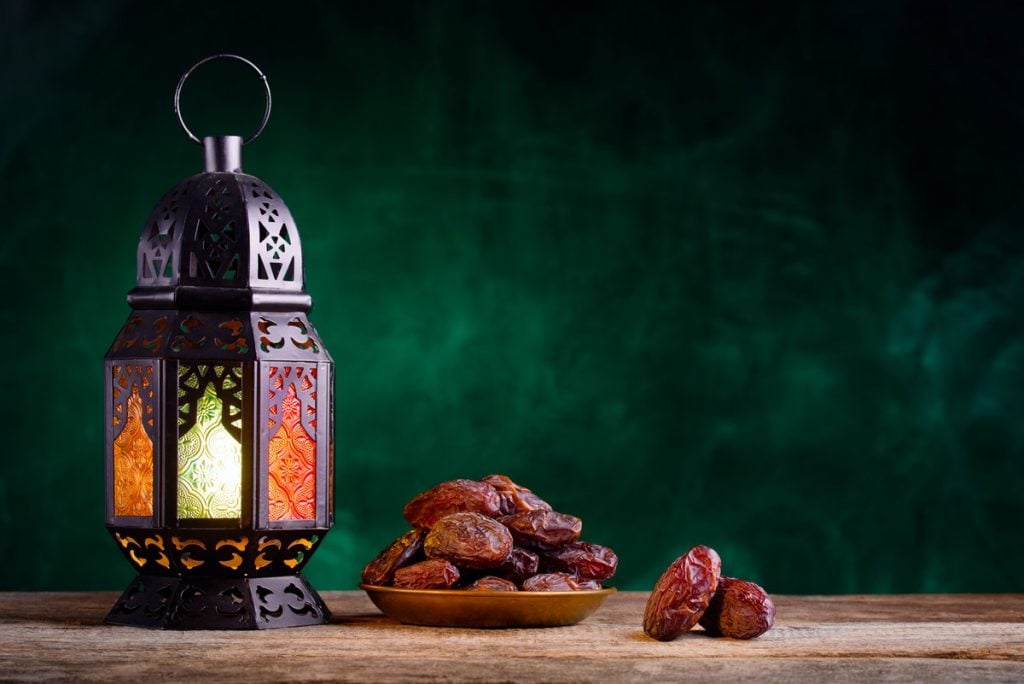
Ramadan, allowed meals and the sense of conviviality
And yet, the potential of the halal market in Italy is by no means a niche. "We continually receive requests for information from tourists around Italy asking for advice on where to eat but we almost always have to tell them that there are no certified establishments." And to think that Italian cuisine is not so distant from halal culture, "very few details would be enough to offer a large part of the tradition to Muslims." There is a lack of appropriate restaurants and shops, but also initiatives aimed at growing and developing the sector, "there have been some attempts in the past but it hasn't worked very well. A careful marketing operation is necessary to better understand the principles of halal nutrition, which are not all that complex." Let's take Ramadan, for example, currently underway until the evening of April 20th: everyone knows at least one person who is observing the fast these days, but how many know what happens when the fast is broken? "The beauty of this period – the sacred month which corresponds to the ninth lunar month – is the sense of conviviality." The keyword being hospitality, "we gather and share food, dinners are plentiful and enjoyed together with the community, not just one's family or the circle of closest friends." Two main meals are planned, the suhur, "just before dawn, in order to have sufficient nutritional support during the day," and then the iftar, "at sunset," which always ends with lots of pastry products, "dates and in general many desserts."
What to eat during Ramadan
It is difficult to establish the typical meals of the Ramadan period, considering that the Islamic religion is shared by many countries with different customs and traditions. What unites them all is the difference between suhur and iftar: the former is generally a lighter meal, consisting in yoghurt, nuts and fresh fruit, while at sunset we indulge in more abundant preparations, rich and substantial dishes, and the ever-present dates, sugary and perfect for regaining strength at the end of the day. Many soups are also popular such as shorba, made with lentils and vegetables, or kibbe, made with minced meat and bulgur, and also haleem, a stew of barley, meat, lentils and spices, ideal for replenishing after the hours of fasting. Fresh fruit and nuts, baked confectionery products and even fruit juices are essential, as well as various cold drinks, especially useful when Ramadan falls in summer.
by Michela Becchi

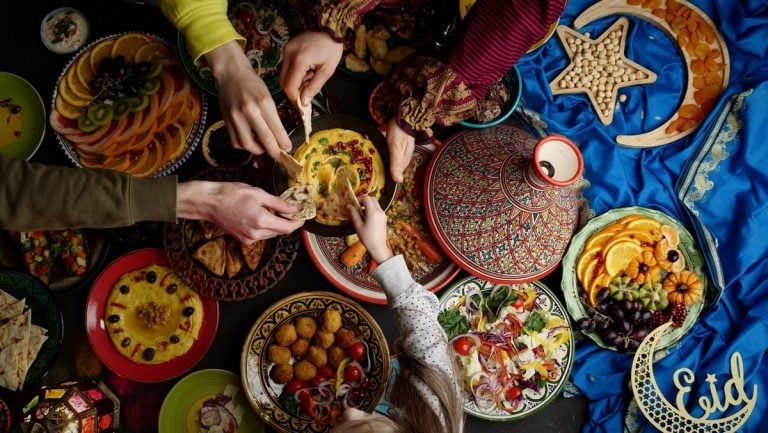
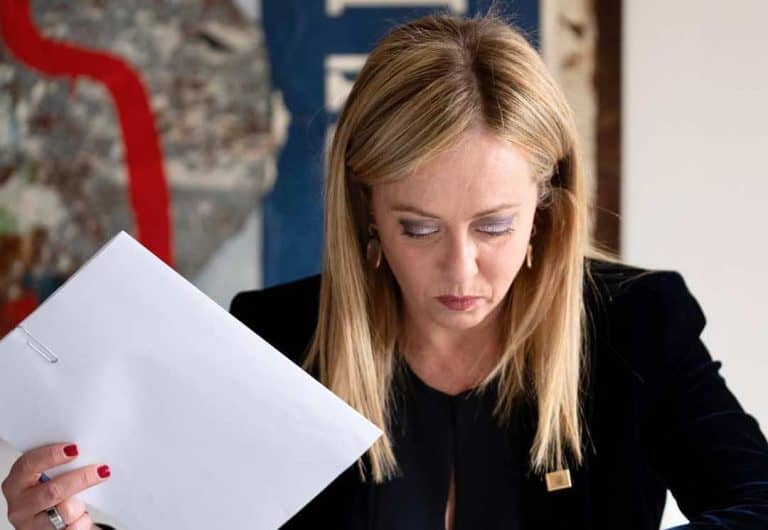 Meloni: "Tariffs? If necessary, there will be consequences. Heavy impact on agri-food sector"
Meloni: "Tariffs? If necessary, there will be consequences. Heavy impact on agri-food sector"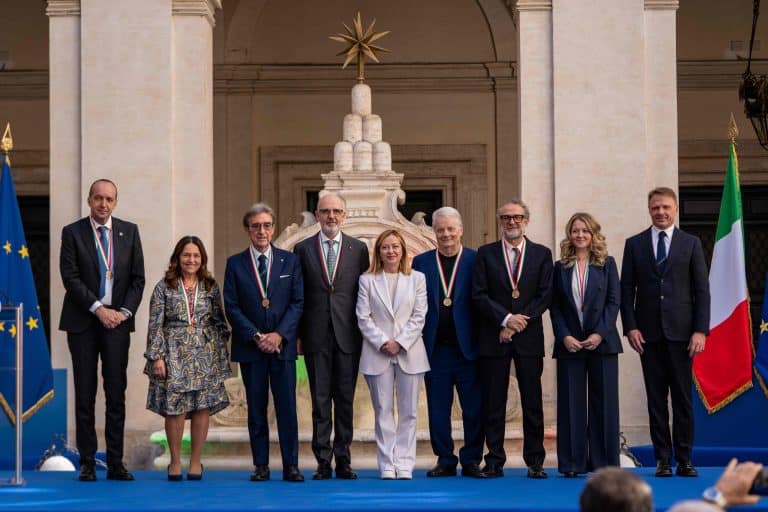 The Government honours the greats of Italian cuisine, from Bottura to Pepe. Massari: "Thank you, Meloni, the only one who listened to us"
The Government honours the greats of Italian cuisine, from Bottura to Pepe. Massari: "Thank you, Meloni, the only one who listened to us"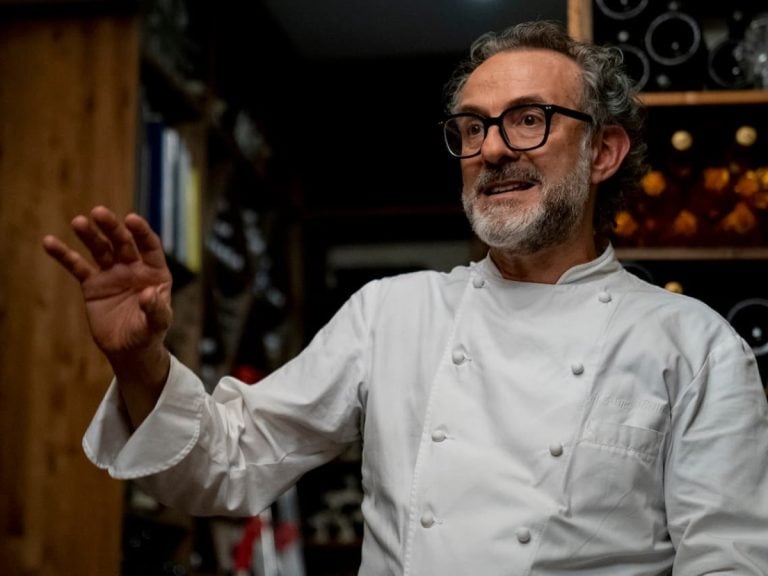 "We must promote a cuisine that is not just for the few." Interview with Massimo Bottura
"We must promote a cuisine that is not just for the few." Interview with Massimo Bottura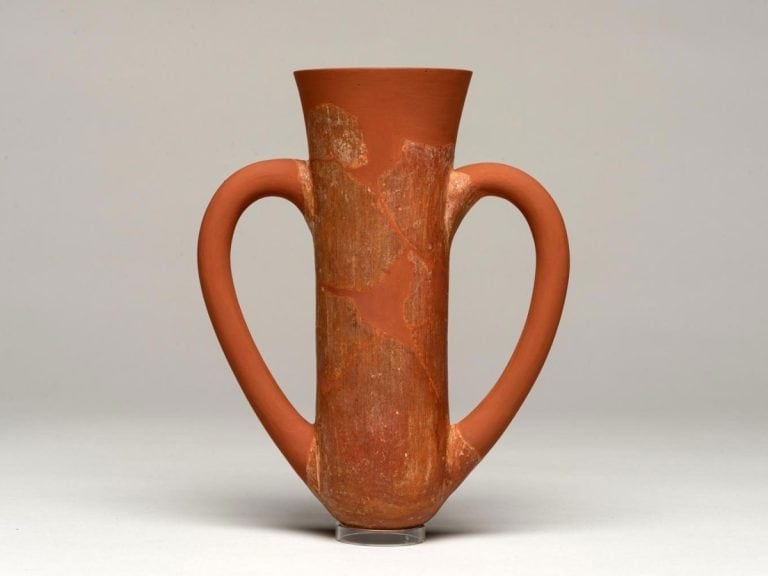 Wine was a drink of the people as early as the Early Bronze Age. A study disproves the ancient elitism of Bacchus’ nectar
Wine was a drink of the people as early as the Early Bronze Age. A study disproves the ancient elitism of Bacchus’ nectar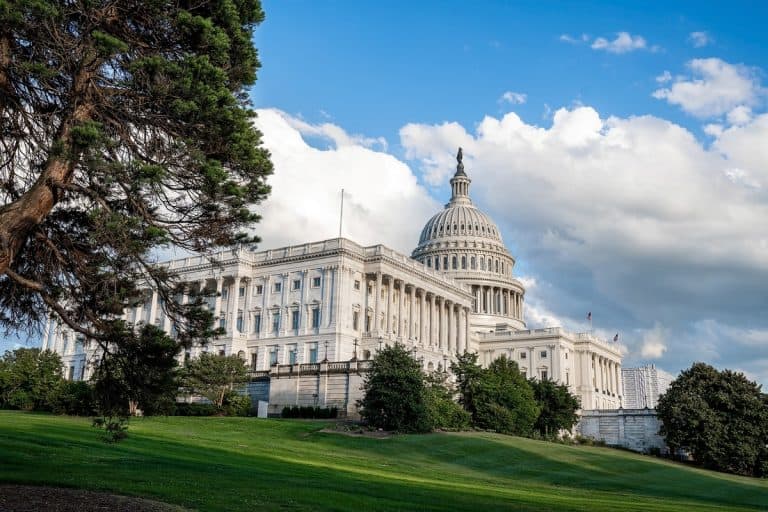 "From 2nd April, US tariffs between 10% and 25% on wine as well." The announcement from the Wine Trade Alliance
"From 2nd April, US tariffs between 10% and 25% on wine as well." The announcement from the Wine Trade Alliance